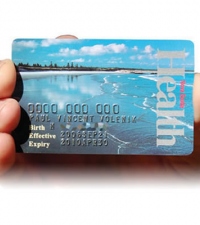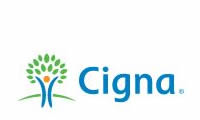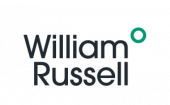Dental System in Canada

Dental care is not publicly funded in Canada. Most Canadians rely on private or employer-sponsored health insurance for dental coverage, or pay out of pocket.
Each province in Canada has a local Dental Regulatory Authority that oversees the practice of dentistry.
Dental care products (toothbrushes, toothpaste, floss) are available to purchase at pharmacies, supermarkets, gas stations, and convenience stores.
Across Canada, water treatment includes fluoridation, which may help fighting cavities.
Seeing a Dentist
Finding a dentist in Canada is easy, and it is recommended to ask friends, co-workers, or fellow expats to recommend a practitioner. Almost all dental offices and clinics accept new patients.
Once you have selected a dentist, call their office or clinic to make an appointment. You will be asked for your name, phone number, address, and possibly your insurance information. You will also be asked what type of appointment you wish to book: general cleaning (this is done by a dental hygienist), general check up, emergency dental care, infection, chipped tooth, filling, etc.
When you arrive at the dental clinic you will be required to check in with a receptionist. You may also be asked to fill out some paperwork.
During a general check up, your dentist will inspect your teeth, gums, and mouth. He/she will inquire about your medical history, medications you are taking, allergies or drug reactions, previous hospitalizations and illnesses, earlier dental work, and your dental care regimen. Your dentist may also take x-rays of your mouth. At the end of your visit the dentist will present you with a treatment plan outlining any dental conditions you may have, treatment options, and preventative care.
During a cleaning, a dental hygienist will clean, scale, and polish your teeth. You will also be given a fluoride treatment. Cleanings are generally sought once to twice yearly in Canada.
Many dental practices offer direct billing to insurance agencies. All dental practices will provide you with receipt of payment, which you may submit to insurance companies for reimbursement. Most dental practices accept cash, cheque, and credit card payments.
Costs of dental care in Canada
Dental care in Canada can be quite costly, compared to the rest of the world. The costs of fillings vary from $40 to $200. Extractions cost between $70 and $150. Fees are generally lower for children.
Most dental practices offer payment installment plans or financing options.
For affordable dental care, consider becoming a patient at a university or college with a dental or dental hygiene program. Services offered at such clinics are generally of very high quality and cost much less.
Orthodontics and Oral Surgery
Your dentist may recommend you visit an orthodontist to corrective cosmetic or spacing issues. While there are provincial guidelines for dental practice pricing, there are no guidelines for orthodontic pricing in Canada. Therefore orthodontics in Canada can be quite expensive, from $3,000 to $6,000 for a pair of braces alone. It is recommended that you get several estimates from different orthodontists to find the best price and service for you.
It is also common practice to extract wisdom teeth in Canada from those individuals who have them. As with orthodontics, if you chose to have your wisdom teeth removed, it is recommended that you get several estimates and opinions to find the best advice and services. Extraction can be costly and present complications.
Esthetic Dentistry
The popularity of esthetic dental services is on the rise in Canada, including bleaching, laser whitening, dental implants, and veneers. Esthetic dental services can be costly. As with other dental services, it is recommended to seek multiple opinions and quotes.
By Jess Gerrow, who traded city life in Canada for island life in the Mediterranean two years ago. She is a postgraduate marketing student, blogger, and freelance writer.
- My Life Abroad -
A selection of expat stories

"A fun compulsive read!"
J. Matcham, Amazon
"I strongly advise people ready to live abroad to read this book!"
Patrice, Amazon

 Healthcare in Canada
Healthcare in Canada APRIL Travel Insurance
APRIL Travel Insurance Cigna Global
Cigna Global William Russell
William Russell